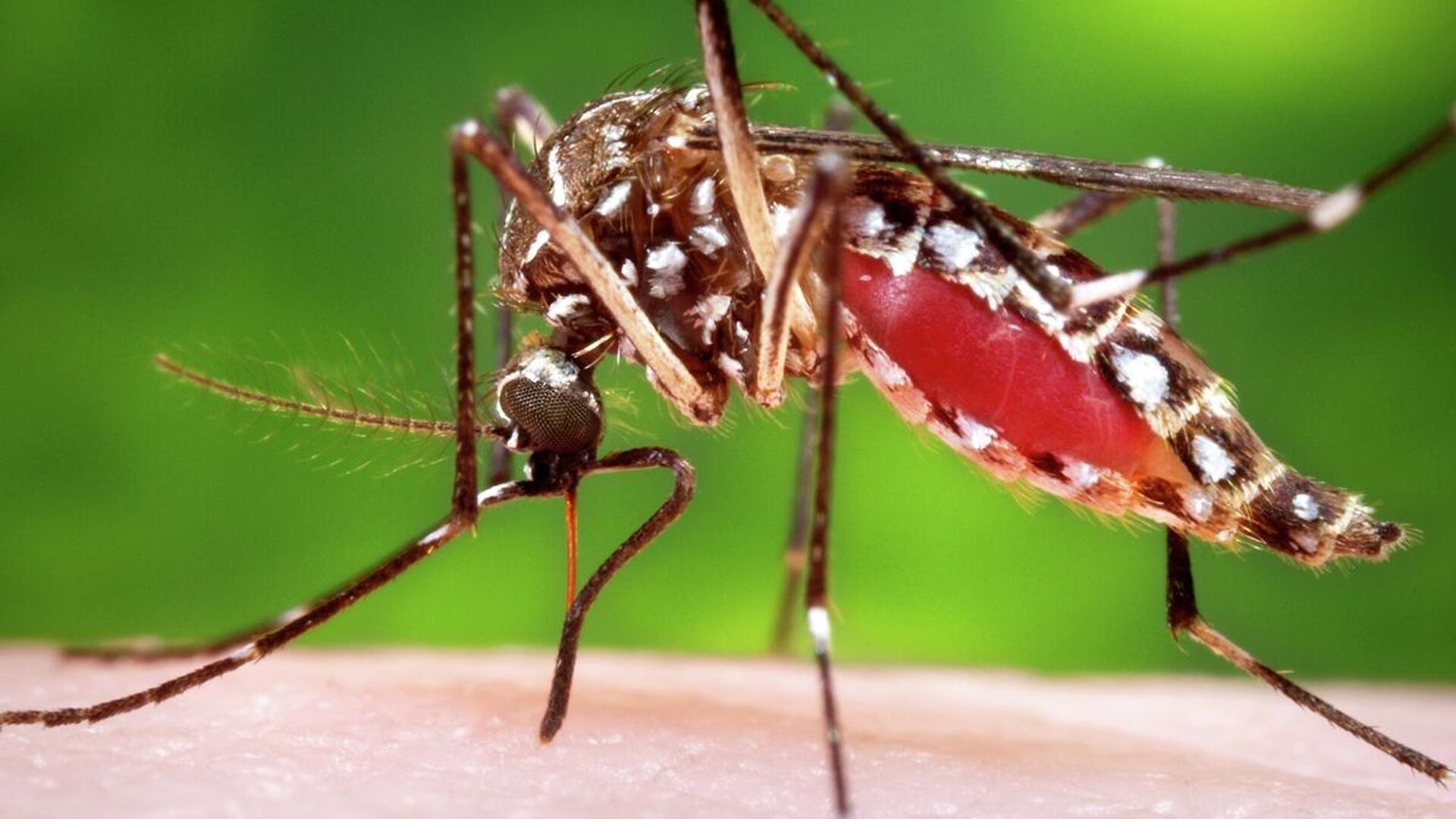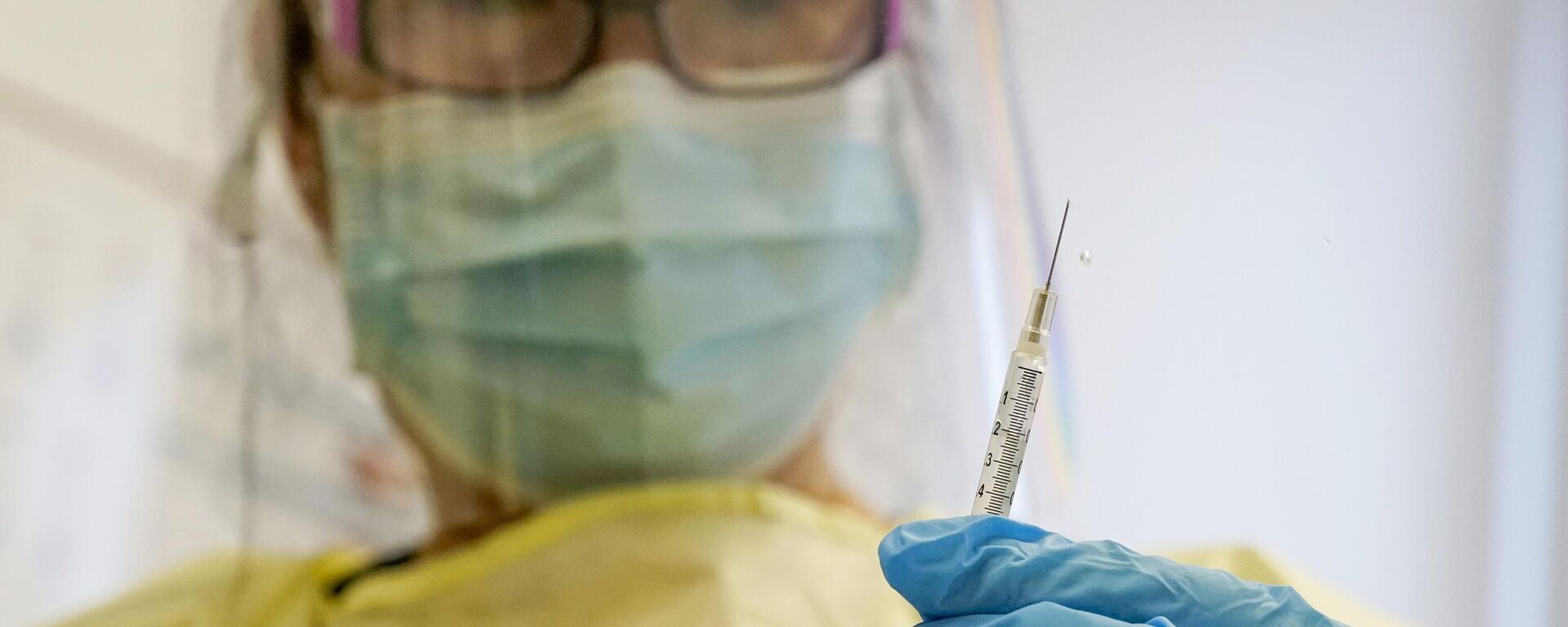Zambian Scientist Reveals What Attracts Mosquitos, Says His Research to Help Fighting Malaria

© rawpixel.com / Centers for Disease Control and Prevention
Subscribe
In May, a number of scientists issued results of the study aimed at analyzing behavior of the African malaria mosquito in its natural habitat. The research helped to define the distinct compounds in human body scent that lure the insects. It is important as mosquitos tend to spread the dangerous malaria infection across Africa and other regions.
Mosquito hunting behavior is strongly influenced by human odor, and variances in attraction to mosquitoes across persons are caused by differences in the compounds that comprise human body scents and breath, Dr Edgar Simulundu, researcher, Scientific Director at Zambia's Macha Research Trust, told Sputnik Africa.
Together with Dr Edgar Simulundu, Conor McMeniman, an assistant professor of molecular microbiology and immunology, as well as postdoctoral fellows, Diego Giraldo and Stephanie Rankin-Turner at the Johns Hopkins Bloomberg School of Public Health, carried out that study.
They created an ice-rink-sized testing space and pumped in various people's odors.
As a result, the research made it possible to determine various chemicals in human body’s scent, that may either draw the mosquitos, or drive them away, Simulundu stated.
"Our study demonstrated that individuals that had elevated levels of airborne carboxylic acids such as butyric acid, isobutryic acid, and isovaleric acid, and a chemical called acetoin that is produced by some microbes on the skin were more attractive to mosquitoes than those with depleted levels of these chemicals in their odor. The individual who was least attractive to mosquitoes in our study had high levels of eucalyptol which is found in plants and could be related to the diet of the individual," the scientist said.
According to Simulundu, today's African healthcare system faces a number of difficulties when it comes to treatment and prevention of this disease, that is being spread by the mosquitos.
"The main difficulties that healthcare systems face in the treatment and prevention of malaria include the stock outs and poor coverage of major malaria control commodities such as rapid diagnostic tests, insecticide treated bed nets, antimalarial drugs and chemicals for Indoor Residual Spraying (IRS). Some of the high-burden malaria areas are very remote and hard-to-reach making delivery of healthcare services challenging," he stressed.
At the same time, the process of the disease control will be improved thanks to the research carried out.
"For malaria control strategies, these findings could find application in the development and design of mosquito vector surveillance and control methods aimed at curtailing host seeking and biting behavior, thereby disrupting malaria transmission in endemic regions," Simulundu emphasized.
According to estimates, malaria found in tropical countries claims about 619,000 lives per year.
In 2021, approximately 95% of all malaria cases and 96% of all deaths were recorded in Africa. Four African nations – the Democratic Republic of the Congo, Nigeria, Niger and Tanzania – accounted for more than half of all malaria deaths globally.

